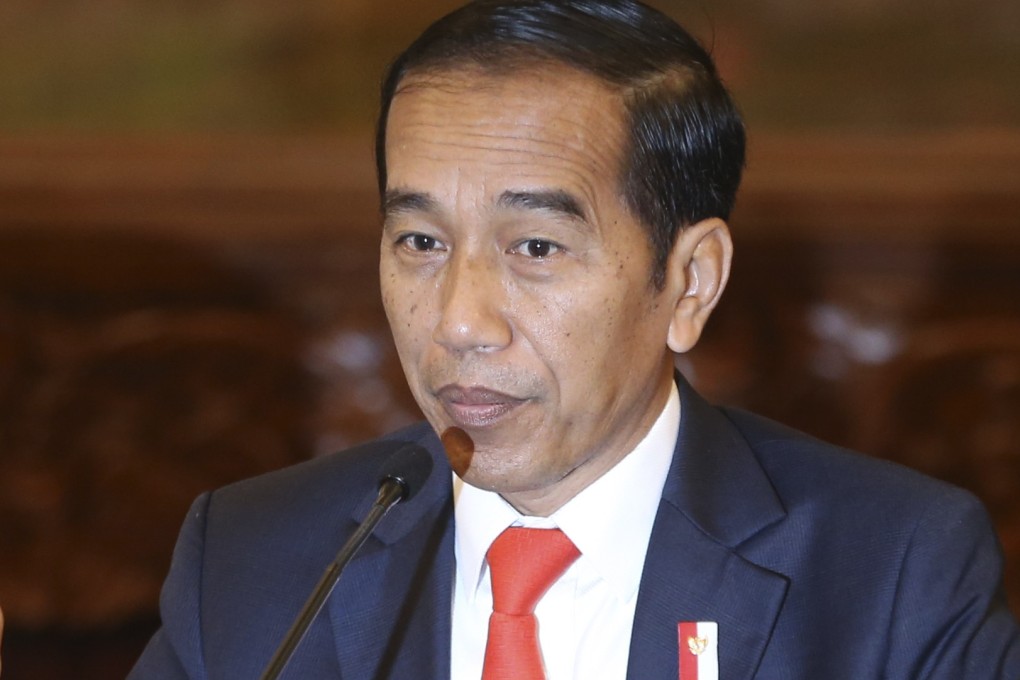Indonesians could soon be jailed for insulting the president, if colonial-era law is resurrected
- Lawmakers argue that Indonesia has contempt laws to protect people and state symbols such as the flag, but not President Joko Widodo
- Critics say the law is a sign of creeping encroachment on free speech

National legislators are later this month expected to approve amendments to the penal code that would criminalise contempt of the president and vice-president, as well as of the government, state agencies and the court.
The statute was a legacy of the 350-year Dutch colonial rule and was originally implemented to punish slander and curb discontent against the Dutch royal family. In 1946, a year after Indonesia became independent, the law was revised to protect the dignity of the president and vice-president instead. But it has been off the books since 2006, when the Constitutional Court deemed it was no longer relevant given the country was a democracy and practised the rule of law.
In explaining its reasoning for bringing back the statute, the government said it was “bizarre” if Indonesia had contempt laws to protect “ordinary people, the dead, our flag, national anthem, state symbols, officials, and head of state of our allies” but did not have one that covered the president.
“Maybe in Western countries, people have different views about their leaders, but in Indonesia, the people still have a strong respect for the president and vice-president,” the document to lawmakers said.
Those opposing the change said the new statute could be misused to stifle dissent and media freedom, as well as to criminalise political rivals.